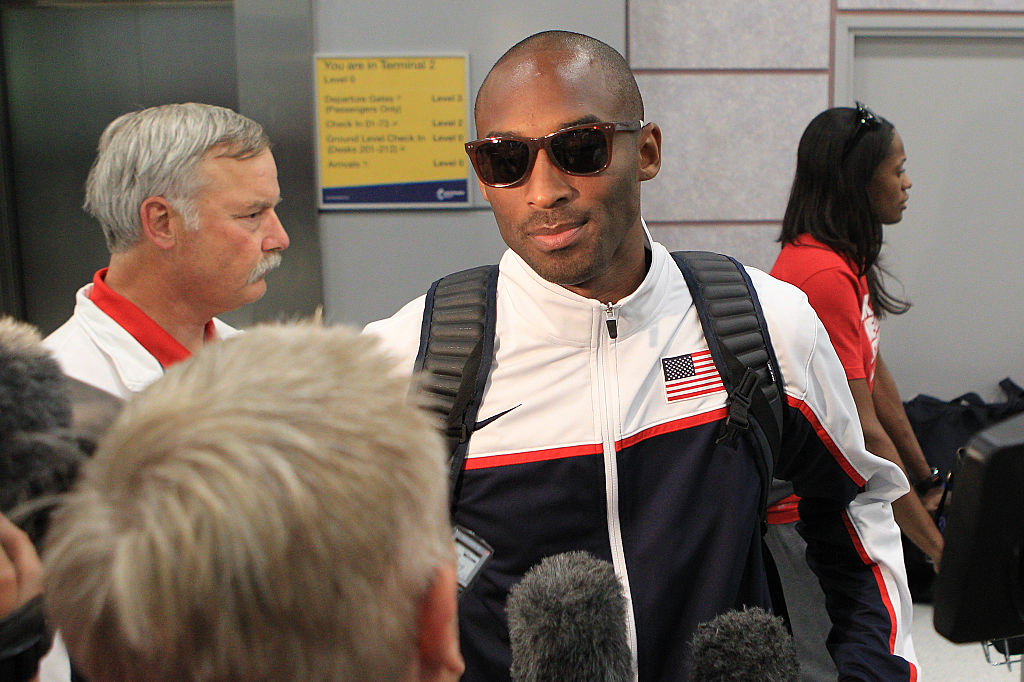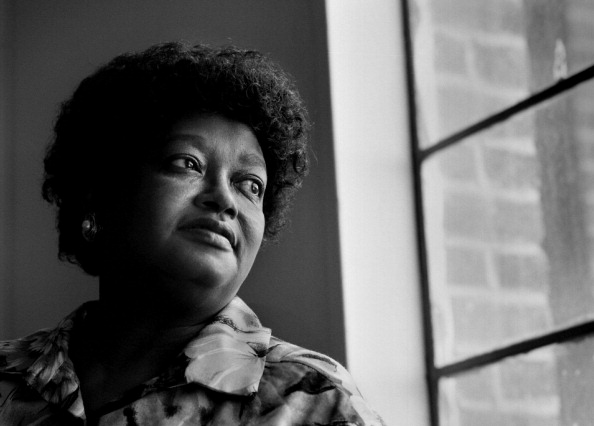10 Celebrities Whose Deepfakes Should Be Banned
OpenAI Blocks MLK Deepfakes—Here’s Who They Should Ban Next
Share the post
Share this link via
Or copy link

Source: Steve Christo – Corbis / Getty
Related Stories
Love Black America Web? Get more! Join the Black America Web Newsletter
We care about your data. See our privacy policy.
1. Kobe Bryant
Kobe’s passing remains one of the most emotional losses in sports history, and any AI recreation of him risks reopening old wounds for fans and his family. His images deserve to be preserved with respect, not manipulated for views or commercial gain.
2. Michael Jackson
As one of the most recognizable entertainers ever, deepfakes could easily distort his complex legacy and fuel misinformation or controversy. His likeness has been overexploited enough; AI should not add to that.
3. Whitney Houston
Whitney’s voice and persona are sacred to music fans, and AI-generated performances could cheapen her artistry. Her family has already fought hard to control her image, making digital recreations especially inappropriate.
4. Muhammad Ali
Ali was more than a boxer; he was a cultural and political icon whose words carried deep meaning. AI-generated videos could misuse his voice or activism for agendas he never supported.
5. Princess Diana
Diana’s life and tragic death remain deeply sensitive subjects, and deepfakes of her risk exploiting her memory for entertainment. Given her enduring influence, her image should remain untouched by digital manipulation.
6. Bruce Lee
Lee’s philosophies and physical legacy have been cemented countless times; deepfakes could strip away his authenticity and cultural significance. His family has long advocated for preserving his true message, not digital imitations.
7. Robin Williams
Williams’ estate has explicitly spoken out against the misuse of his likeness, especially in AI. Out of respect for his legacy and struggles, it’s only right to protect his image from unauthorized recreations.
8. Nipsey Hussle
Nipse’s impact on community empowerment and entrepreneurship was authentic and personal. Using his likeness without consent undermines the real-life work he did for his people and his city.
9. Tupac Shakur
Tupac’s music and message remain timeless, rooted in struggle, truth, and the pursuit of revolution. Deepfakes could easily twist his words or image in ways that contradict everything he stood for.
10. Selena Quintanilla
Selena’s impact on Latin music and culture was built on authenticity and connection. Deepfakes could distort that legacy or exploit her memory for profit rather than passion.
OpenAI Blocks MLK Deepfakes—Here’s Who They Should Ban Next was originally published on newsone.com












